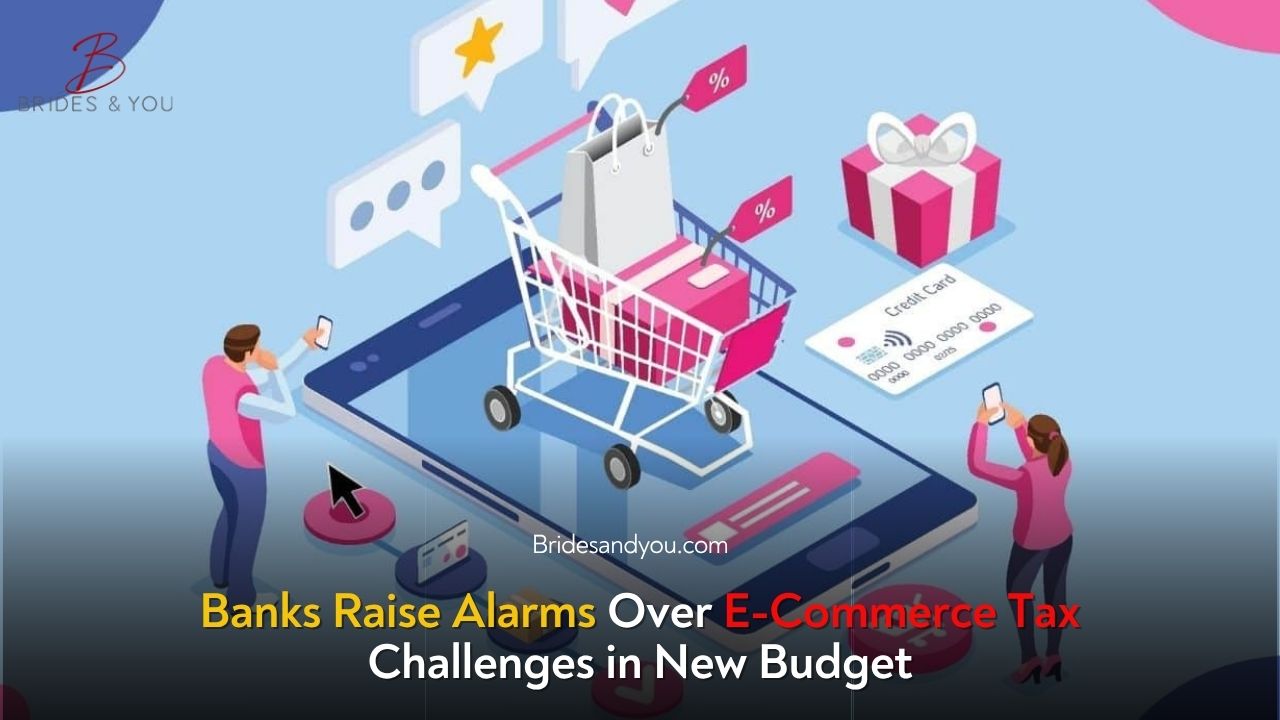Now Reading: Banks Raise Alarm Over E-Commerce Tax Issues in Budget 2025
-
01
Banks Raise Alarm Over E-Commerce Tax Issues in Budget 2025
Banks Raise Alarm Over E-Commerce Tax Issues in Budget 2025

The Pakistan Banks Association (PBA) has voiced significant concerns regarding the proposed E-Commerce Tax in Budget 2025, introduced through the Finance Bill 2025. As Pakistan takes steps toward regulating its digital economy, the newly proposed tax framework has sparked serious debates about its practicality and clarity—especially among financial institutions, intermediaries, and online sellers.
What the New E-Commerce Tax Entails
The Finance Bill 2025 has introduced a final tax ranging from 0.25% to 2% on gross receipts from goods and services ordered through digital channels. It requires all online sellers to register with the Federal Board of Revenue (FBR) and extends tax compliance responsibilities to intermediaries such as:
- Banks and wallet providers
- Online marketplaces
- Payment gateways
- Courier and logistics companies
While the goal is to bring more digital commerce into the formal economy, the execution plan has raised more questions than it answers.
Why the Banks Are Concerned
The PBA has emphasized that there’s a glaring lack of clarity around the new system. One of their primary concerns is the uncertainty in tax rates. It’s unclear which rate—0.25%, 1%, or 2%—applies to which category of seller or platform. Without clear segmentation, the regulation is open to misinterpretation, potentially leading to disputes and unfair taxation.
Another gray area is the definition of “digitally ordered” transactions. In Pakistan, many businesses operate through hybrid models—taking orders on WhatsApp, phone calls, and social media channels—which don’t fall neatly into a traditional e-commerce framework. The absence of a legal definition creates confusion for small and medium businesses operating in informal digital spaces.
Undefined Role of Intermediaries
One of the most contentious points is the role of payment intermediaries. Banks, fintech firms, and mobile wallet providers may be expected to withhold and remit taxes—something the PBA warns is not viable without clear legal guidelines and a robust digital infrastructure.
The association questions whether financial institutions are being asked to act as tax collectors, a responsibility they argue is not only operationally complex but also beyond their core mandate. Without knowing the scope of their involvement or the legal implications, these institutions are unable to prepare or align their systems effectively.
Courier Companies and Compliance Challenges
Courier companies are another key player in this ecosystem who are now expected to play a compliance role. However, the PBA points out that the logistics sector currently lacks integrated systems with inventory software or point-of-sale data. Implementing a tax system without this backbone is likely to result in mass non-compliance, particularly for small courier firms.
Furthermore, the lack of a transition phase or clear implementation timeline adds to the uncertainty. Rolling out the system without adequate preparation could lead to disruptions, legal disputes, and potentially slow down the growing digital economy rather than support it.
Risk of Creating Confusion Instead of Compliance
The PBA has urged the government to engage with all stakeholders before implementing the proposed tax structure. They warn that without detailed rules, proper infrastructure, and inter-platform coordination, the new tax regime might do more harm than good. Rather than enhancing compliance, it could create regulatory chaos and discourage digital adoption among small businesses.
A policy meant to streamline and formalize the digital economy may instead alienate the very sectors it seeks to regulate—unless critical adjustments and clarifications are made swiftly.










